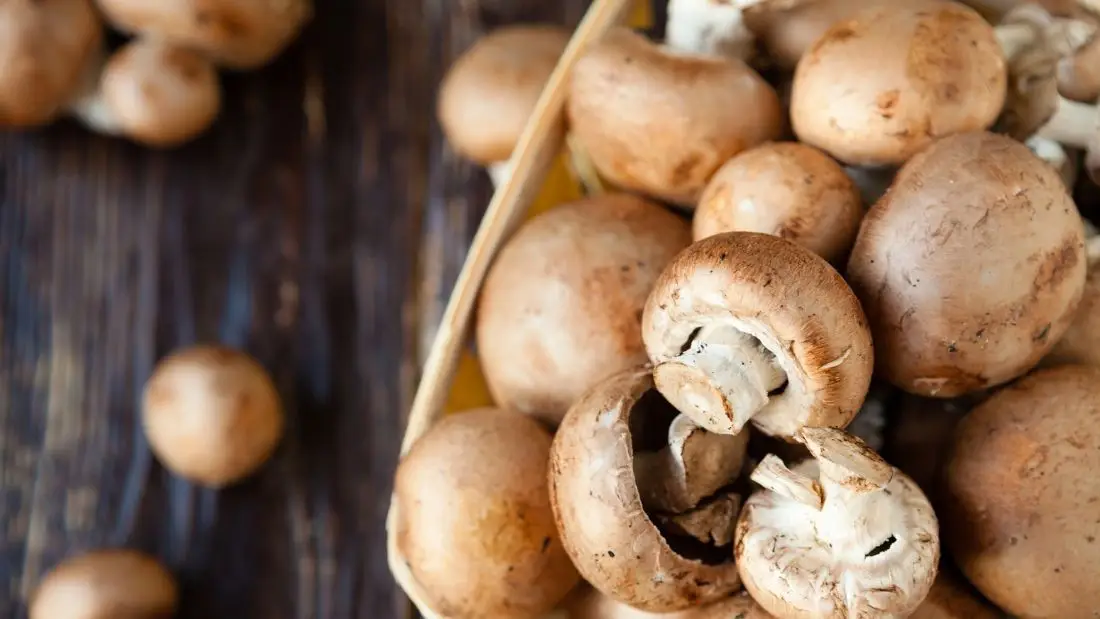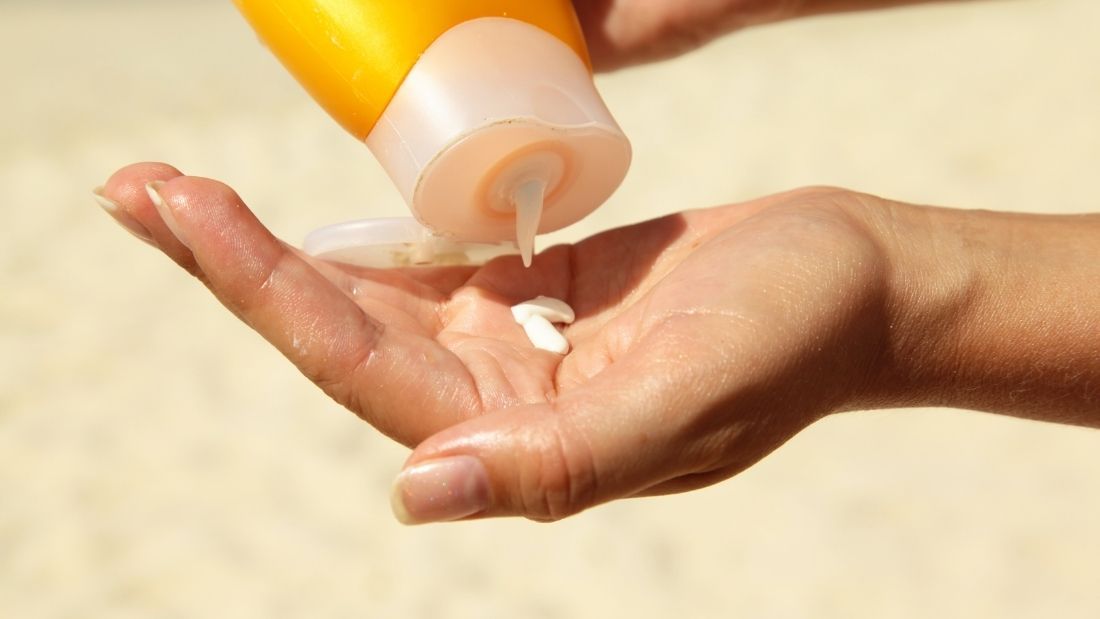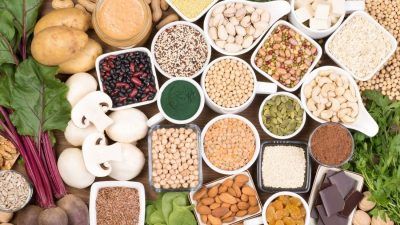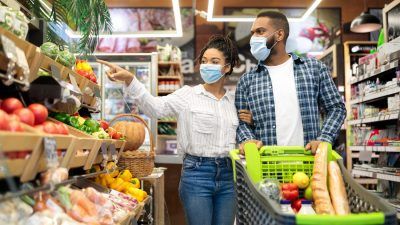10 things you need to know about vitamin D

Winter is in the rear-view mirror and spring is in the air so there’s no better time to talk about the sunshine vitamin – vitamin D! Here are 10 facts you need to know about this important vitamin.
1. Essential for bone health
Our bodies use Vitamin D to absorb and regulate calcium. Vitamin D also regulates phosphate levels – an essential nutrient for keeping our bones, teeth and muscles healthy.
Vitamin D deficiency can lead to bone tenderness and pain, muscle weakness and in children, conditions such as rickets, skeletal deformities, anaemia and an increased risk of respiratory infections. It is, therefore, vital that we get enough in our younger years and throughout adulthood.
2. How to get vitamin D from sunshine
Sunlight emits ultraviolet A (UVA), ultraviolet B (UVB) and ultraviolet C (UVC) rays, but only UVA and UVB make it to the Earth’s surface. The sunshine vitamin is so-called because our bodies produce it when our skin is exposed to the sun’s UVB rays.
In the UK from April until September, or in countries which are sunny all year round, lighter-skinned people can get enough vitamin D naturally by exposing their face, arms and legs for five to 30 minutes two or three times a week, or nine minutes every day. People with darker skin may need to spend up to 25 minutes a day in the sun to produce enough vitamin D.
Overexposure to both UVA and UVB rays can be harmful, causing premature skin-ageing, eye damage and skin cancer, so you must protect your eyes and be careful not to burn. Although having a ‘healthy’ tan is often sought after, it’s actually DNA damage and you don’t need to top up your tan to top up your vitamin D. Remember – minutes not hours!

3. Certain factors limit absorption
Certain factors can limit your absorption of vitamin D from the sun such as wearing sunscreen, or covering your skin. Also, the darker your skin, the more exposure you need. This is because melanin, which causes skin pigmentation, lowers the skin’s ability to make vitamin D in response to sunlight exposure. Sunscreen and glass windows also block UVB (but UVA can travel through glass) and therefore limit vitamin D synthesis.
If you’re thinking an artificial tanning bed is the solution, think again! Tanning beds are not recommended as, alongside UVB, they emit UVA which can cause skin cancer and does not contribute to vitamin D production. If you’re worried you can’t get enough natural sunshine, taking a vitamin is a much safer option!
4. We should supplement over the autumn and winter
In the UK, the weak winter sunlight does not provide enough UVB for us to make sufficient vitamin D. This is why the Government advises that everyone in the UK consider taking a supplement between October and early March. People who cover up or stay indoors most of the time should consider taking a supplement all year round, and because of the UK’s erratic weather, year-round supplementation would probably be beneficial for all.
For adults, 10 micrograms (400 IU) per day is enough and you shouldn’t go above 25 micrograms (1,000 IU). Vegan vitamin D supplements in the form of tablets and sprays are widely available in health shops and online. Vitamin D is a fat-soluble vitamin, so taking supplements with foods that contain fat (avocado, nuts or nut butter) will help you absorb it better.

5. Found in some foods but in small quantities
Some plant foods provide vitamin D, but not usually in high enough quantities for us to rely on as the only source. The best plant sources are:
- Vitamin D mushrooms: These are mushrooms that have been grown under UV light so that they produce their own vitamin D. On average they contain around 10 micrograms per 100g – 100 per cent of your daily requirement – check the packaging to ensure they are ‘vitamin D mushrooms’
- Vitamin D-fortified plant milks: Most fortified vegan plant-milks will contain vitamin D, for example, a 200ml glass of Alpro original soya milk contains 1.5 micrograms
- Fortified margarines and breakfast cereals
6. Deficiency is common
In 2020, the National Diet and Nutrition Survey found that around one in six adults and 20 per cent of teens in the UK is thought to have low vitamin D levels but up to 60 per cent may have insufficient levels.
Since such a large proportion of the population suffer from low levels, it seems that deficiency has far more to do with lack of sunshine than diet.

7. Two types of vitamin D
There are two types of vitamin D – D2 (ergocalciferol) and D3 (cholecalciferol). Although they are both used in the same way by the body, they come from different sources. Vitamin D2 is always vegan, but vitamin D3 can be of animal origin.
Commercially produced D3, such as the type you would find added to most non-vegan cereals, is produced from lanolin in sheep’s wool. However, some D3 is now produced from mushrooms or lichen – this is suitable for vegans.
Some cereals (eg Weetabix Protein Crunch, Weetos and Ready Brek) now contain vitamin D2, which is suitable for vegans (there is a risk of cross contamination from other products made on the same production lines). This can change and often does, so read the ingredients list on the packet when you buy cereal.
8. You can have too much
Even though it is important that we are getting enough vitamin D, it is also important to avoid getting too much of this fat-soluble vitamin. Too much vitamin D can cause your body to absorb too much calcium, leading to hypercalcaemia – high levels of calcium in the blood. Hypercalcaemia can weaken your bones and damage the kidneys and heart.
Government guidelines warn anyone over the age of 11 not to take more than 100 micrograms of vitamin D a day as it could be harmful. Children aged one to 10 years shouldn’t have more than 50 micrograms a day and infants under 12 months shouldn’t have more than 25 micrograms a day.

9. Combats depression
The sunshine vitamin could also help you feel happier! Some research suggests that having sufficient vitamin D can help to reduce symptoms of depression.
There are a number of theories as to why this might be, including the amount of calcium in our cells contributing to the onset of depression, and vitamin D helping to reduce inflammation and maintaining the synthesis of serotonin – the happiness hormone!
10. May reduce the risk of covid complications
Vitamin D may provide some protection against respiratory infections. There is some evidence that deficiency may be a risk factor for severe covid and a 2022 systematic review concluded that “vitamin D supplementation is effective in reducing the COVID-19 severity.”
Vitamin D plays an important part in regulating the immune system. Research suggests that vitamin D reduces survival and replication of the SARS-CoV-2 coronavirus (the virus that causes covid) and reduces the risk of a ‘cytokine storm’, where the body attacks its own cells rather than just fighting against the virus.
The research on this has produced mixed results, but ensuring you get enough vitamin D is a good idea anyway! There is mounting evidence that that a healthy plant-based diet reduces the risk of severe covid and may even lower the risk of catching it.

Enjoy the sunshine this summer but protect your eyes and take care not to burn!







